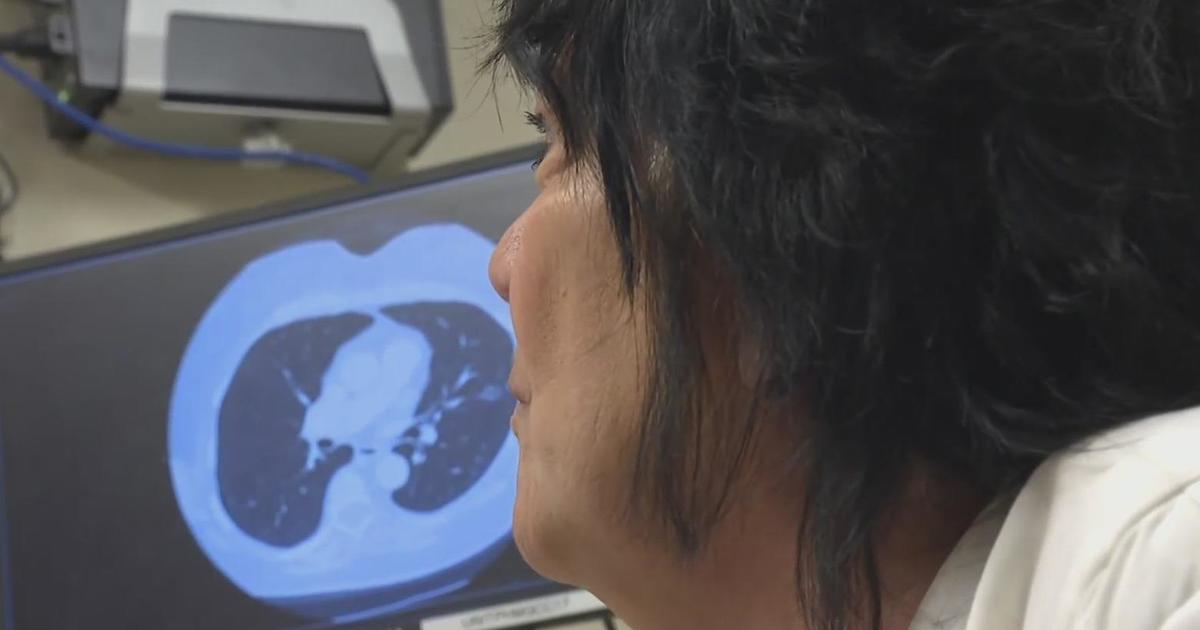- Wed. Apr 17th, 2024
Latest Post
911 Dispatchers Discuss the Impact of Mental Health on Their Job
Working as a 911 dispatcher can be emotionally taxing, as dispatchers have to talk people through traumatic experiences. Brandy Dahlin, who has been a dispatcher for 17 years, recalls a…
Brazil’s Proposal for an International Billionaire Tax Supported by France at G20 Summit
France has expressed support for the implementation of an international tax targeting the wealthiest households, following agreements reached on the taxation of digital giants and multinationals. Brazilian Finance Minister Fernando…
Qatar Reconsiders Mediator Role amid Allegations of Political Exploitation
Last Sunday, it was reported that Hamas responded to the mediators’ proposal by indicating a willingness to release only around 20 hostages in exchange for a six-week ceasefire. This was…
Pittsburgh hospital introduces innovative technology that contributes to saving woman’s life
Surgery is a common part of cancer treatment, but it often leaves cancer cells behind. At UPMC Passavant Hospital, new technology is helping save lives. Nancy Barton, a cancer survivor…
Four-year-old Bryan Patrick aims to become the youngest author in the world with debut book.
Bryan Patrick, 4, has just finished writing his first book and is now striving to become the “World’s Youngest Author” in the Guinness Book of World Records. His journey to…
Climate change has wreaked havoc on the Great Barrier Reef more severely than ever before this summer.
The Great Barrier Reef off Australia is currently experiencing its fifth major coral bleaching event in eight years, along with other destructive climate-related impacts such as cyclones, floods, and the…
Jackson’s Inaugural Vendor Expo Offers Business Opportunities
The City of Jackson in Tennessee is offering an opportunity for vendors and individuals interested in learning more about the city’s departments. The city’s Purchasing Department will host the first-ever…
France seizes luxury properties belonging to Vladimir Putin and his associates
The French justice system has ordered the seizure of luxurious goods belonging to the family and associates of Russian President Vladimir Putin in France. The prestigious newspaper The World reported…
First-round NBA playoff schedule: Magic vs. Cavaliers
The No. 5 Magic are making a return to the NBA playoffs for the first time in four years and will be facing the No. 4 Cavaliers in their first-round…
Buccaneers’ Mike Evans Named Top Draft Value by CBS Sports
In the 2014 NFL Draft, Mike Evans was selected with the seventh overall pick. While this may seem like a high pick, considering his performance over the past 11 years,…




